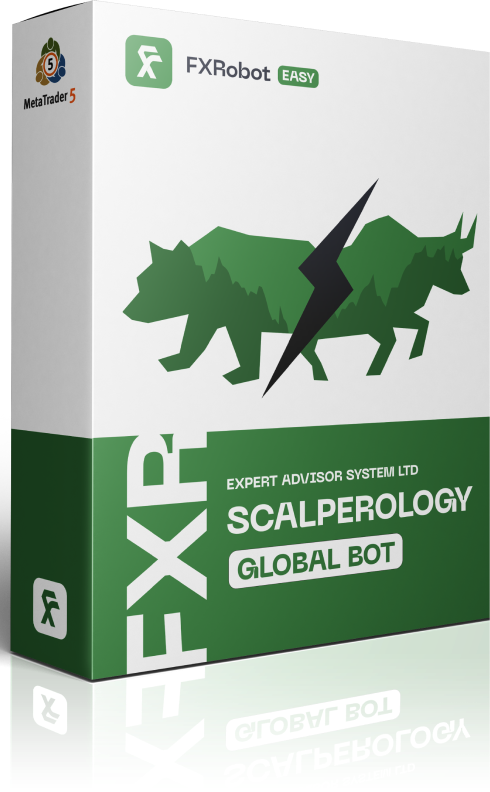Investing or trading in the Forex market can provide great benefits, but it doesn’t come without any risks. Knowing how to navigate the legal issues involved is essential for protecting your investments and ensuring that your trading activities comply with the many different regulatory requirements. In this article, we will explore legal aspects related to Forex trading, including contract enforcement, jurisdictional issues, and dispute resolution mechanisms.
1. Overview of Legal Considerations in Forex Trading
When trading forex, it is important to be mindful of the legal considerations that may arise. Jurisdictions, contract enforcement, and dispute resolution mechanisms are all important elements of forex trading that must be discussed.
When entering into contracts related to forex trading, it is important to ensure that local law does not have any legal effect on the agreement. It is also prudent to consider security interests and other legal issues in the context of the international market. Trading agreements should also make provision for the enforcement of the terms of the contract in different jurisdictions.
Jurisdictional issues in forex trading are becoming increasingly important in today’s highly globalised economy. It is essential to be aware of the applicable laws on taxation or other financial matters under the applicable legal framework. Different regulatory systems for different countries can create conflicts of law, which can have significant implications for a trader. Dispute resolution mechanisms are also important in the context of forex trading, and it is essential to consider them in any forex agreement.
One of the most valuable steps a trader can take is to establish a contract between their employer and a foreign currency broker. This agreement will set out the rights and obligations of each party in the event of a dispute, and should provide a mechanism for the resolution of disputes. In order to facilitate the smooth functioning of a trading arrangement, the contract should include detailed provisions regarding the management of the underlying funds, the payment of commissions, and the regulation of exchange rates.
It is also important to bear in mind the different dispute resolution mechanisms available in different jurisdictions. In some jurisdictions, an arbitration process is used to settle disputes. This approach can provide an economical and efficient mechanism for resolving disputes without the need for expensive legal proceedings. In other jurisdictions, legal proceedings may be the only effective method of resolving disputes. It is therefore important to understand the different legal frameworks available before entering into any trading agreement.
The legal aspects related to Forex trading, including contract enforcement, jurisdictional issues, and dispute resolution mechanisms, are all important considerations for any trader. By understanding the legal aspects of forex trading and taking into account the need for appropriate dispute resolution mechanisms, traders can protect their investments and ensure the smooth functioning of their trading arrangements.
Forex markets, the largest and most liquid global financial markets for trading currencies, involve complex regulatory mechanisms that are designed to protect investors from abuse and fraud. As such, traders must comply with the law in order to legally trade and protect their money. This article outlines the legal issues associated with Forex trading, including contract enforcement, jurisdictional considerations and dispute resolution mechanisms.
- Contract Enforcement: All Forex traders must abide by the terms of the contract, meaning that they must fulfill the promises they make in the contract. This is especially important with regards to deposit/withdrawal regulations, which regulate how customers’ deposits and withdrawals are handled. Moreover, traders must also abide by any applicable laws and regulations, such as the Securities Exchange Commission’s (SEC) Know Your Customer (KYC) and Anti-Money Laundering (AML) rules.
- Jurisdictional Considerations: With Forex trading, the laws of the jurisdiction in which the trader operates must be taken into account. Traders must ensure that they are complying with the laws of their own country or region, as well as any international law. Additionally, Forex traders should research which jurisdictions offer the best protection for potential traders and trading partners.
- Dispute Resolution Mechanisms: When necessary, Forex traders must also have dispute resolution mechanisms in place. This could involve professional services such as mediation or arbitration, or, in the U.S., the Financial Industry Regulatory Authority (FINRA) has an online dispute resolution platform.
Forex trading can be a lucrative endeavor, but it is important to understand the legal aspects associated with trading. Knowing how to enforce contracts and adhere to jurisdictional laws and regulations, as well as how to resolve disputes, are all essential elements to successful Forex trading.
3. Exploring Dispute Resolution Mechanisms for Foreign Exchange Transactions
When it comes to the potential for legal issues related to forex trading, there are a few key elements that must be considered and addressed. Contract enforcement, jurisdictional issues, and dispute resolution mechanisms are all areas that traders must be aware of in order to protect their financial interests.
- Contract Enforcement: Contracts can be written in the form of documents such as terms and conditions, transaction documents, or contracts of sale. It is important to ensure that the contract language is legally binding in the jurisdiction in which the contract is created. Parties should always seek legal advice before signing any contract related to forex trading.
- Jurisdictional Issues: Even when a contract is properly written and legally binding in one jurisdiction, other jurisdictions may still have legislation that could have an effect on any subsequent dispute resolution. Knowing the laws of the jurisdiction in which a dispute arises is essential in order to protect one’s interests.
- Dispute Resolution Mechanisms: If there is a disagreement or dispute between parties related to forex trading, it may be necessary to use a third party to mediator. This third party could be a lawyer, accountant, financial advisor, or other professional who is familiar with the legal and financial aspects of forex trading. The type of third party chosen should match the type and severity of the dispute at hand.
Traders should always keep these legal aspects at the forefront of their minds when engaging in forex trading. Knowing the law and protecting one’s interests should always be a priority in such cases. Taking the time to consult with a qualified professional can help ensure that traders are able to navigate any legal issues that may arise from forex trading.
Q&A
Q: What legal issues arise when trading forex?
A: Forex trading can be subject to legal issues related to contract enforcement, jurisdictional differences, and dispute resolution mechanisms. It is important to seek guidance from qualified legal advice on these matters to ensure trading is compliant with applicable laws and regulations.
Q: How can contract enforcement be addressed in forex trading?
A: Generally, it is important to ensure that legally enforceable contracts are in place that align with the contractual requirements of all parties involved. This includes details such as including terms and conditions for dispute resolution, applicable parties, and any warranties.
Q: What jurisdictional issues should I be aware of when trading forex?
A: Since forex trading takes place across borders, jurisdictional differences can pose a challenge. It is important to understand the legal and regulatory differences between countries, such as consumer protection laws, tax laws, and other applicable national laws.
Q: What dispute resolution mechanisms are available for forex traders?
A: Disputes can arise from activities such as trading errors, fraud, or discrepancies between trade parties. Thankfully, there are a variety of dispute resolution procedures available, such as arbitration, mediation, and litigation. In some cases, forex brokers may offer internal processes to handle disputes.
In conclusion, the legal aspects of forex trading may seem complicated, but by understanding jurisdictional issues, contract enforcement, and dispute resolution mechanisms, traders can more easily ensure compliance with legal requirements. As the forex market continues to grow, so too will the need for greater legal protections to ensure safe and successful trading.








